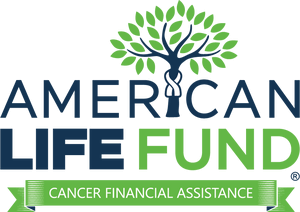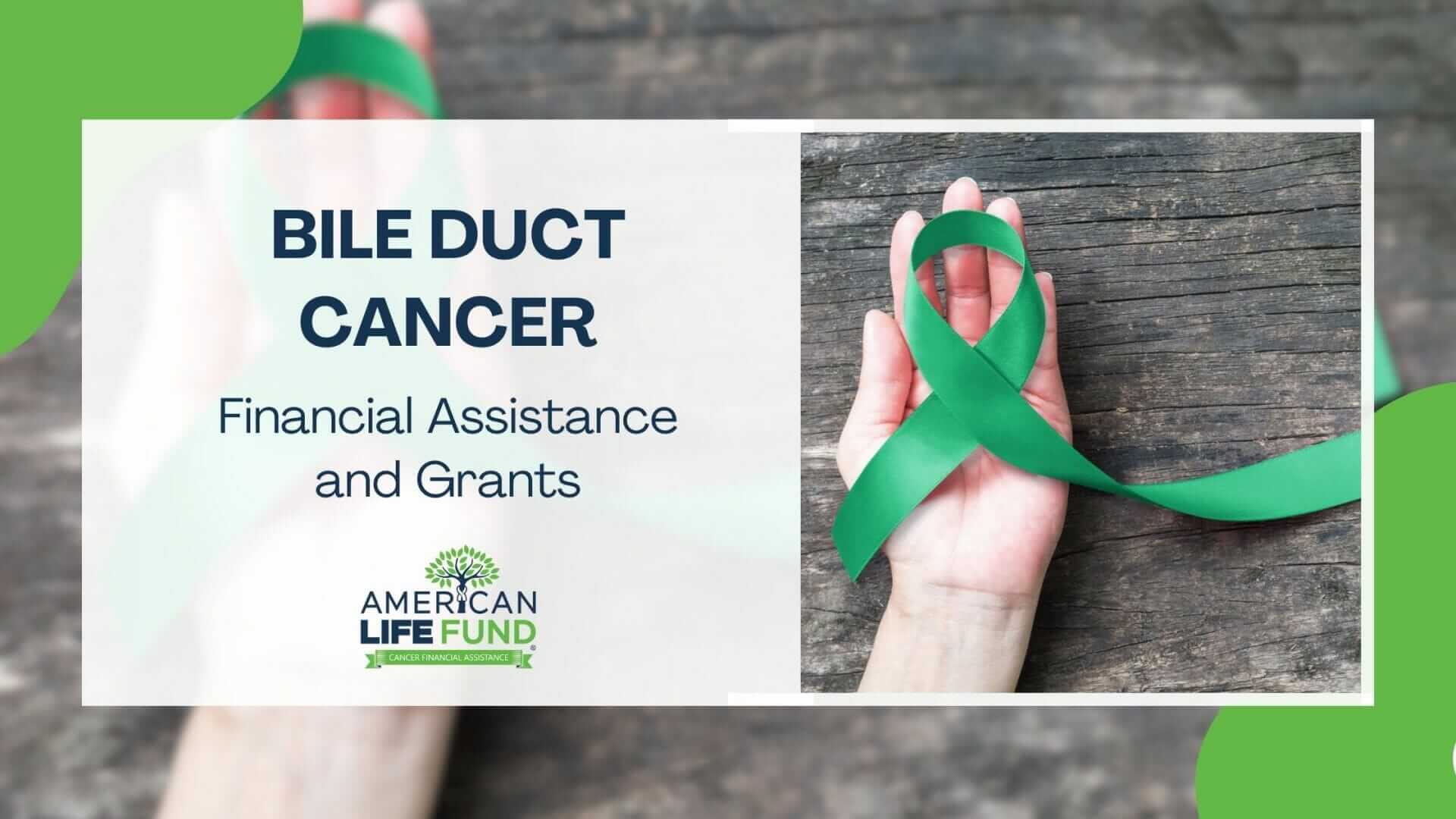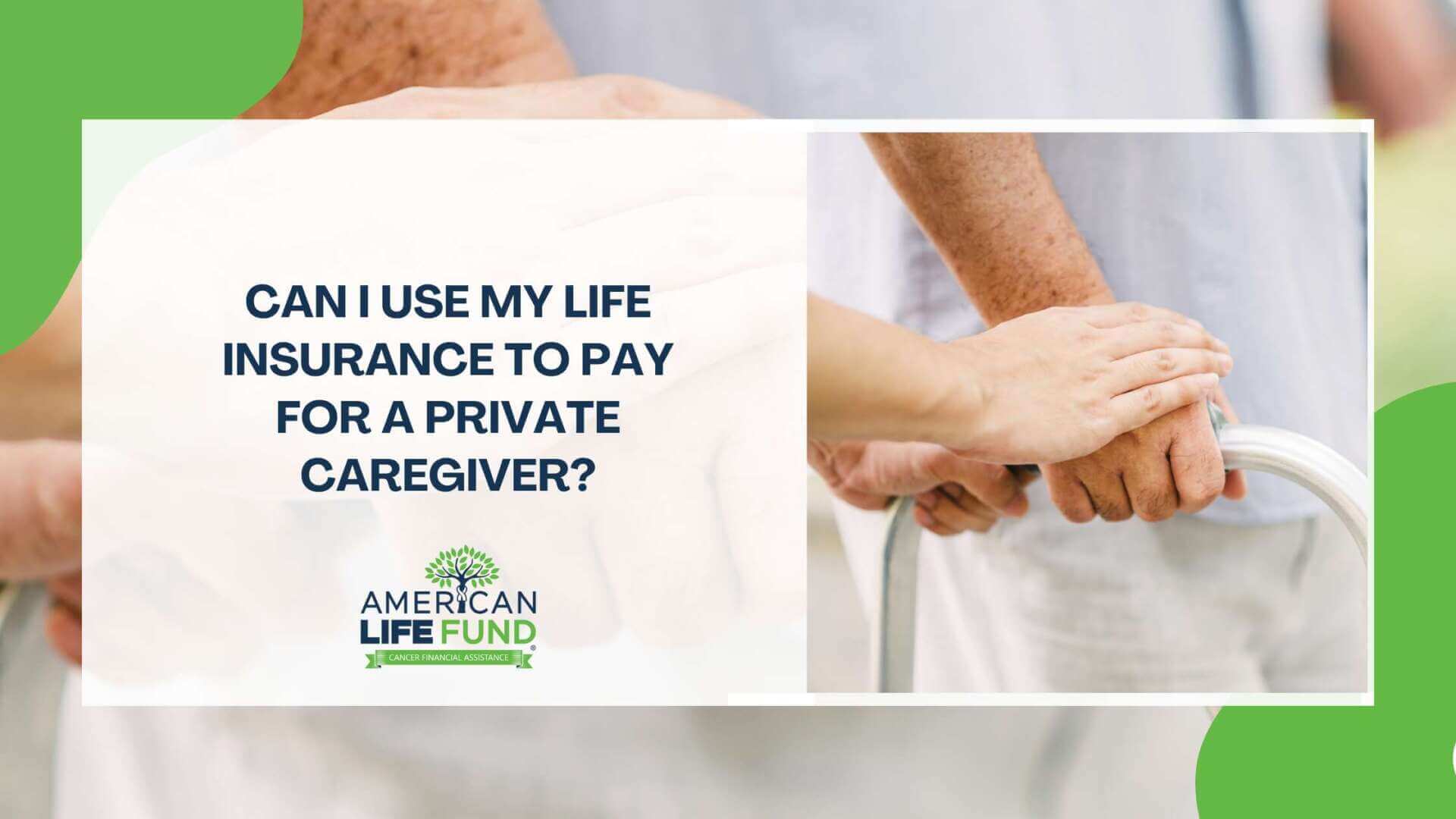Facing the financial burden of bile duct cancer can feel overwhelming—but you’re not alone. From treatment and travel costs to prescription copays and everyday expenses, there are trusted organizations ready to help.
Start by speaking with your care team—they can guide you toward programs that match your needs. Reputable groups like the American Cancer Society, CancerCare, and others offer financial assistance, transportation help, lodging support, and more.
In this guide, you’ll find a carefully curated list of financial resources and support programs designed specifically for cancer patients. Whether you’re seeking help with bills, medication, or emotional support, these resources are here to ease your path forward.
Key Takeaways
- Facing bile duct cancer can be financially challenging, but resources are available to help.
- Grants and aid from organizations like the Cholangiocarcinoma Foundation and CancerCare.
- Government programs like SSDI, Medicare, and Medicaid offer financial support.
- Viatical settlements provide immediate funds by converting life insurance policies.
- Nonprofits and community resources provide aid for treatment, transportation, and lodging.
How To Find Financial Assistance For Bile Duct Cancer Patients
Receiving a diagnosis of bile duct cancer often brings about a whirlwind of emotions and concerns, and financial worries should not be one of them. There are various organizations and programs dedicated to providing financial assistance and support to individuals battling bile duct cancer. Below, we’ve outlined the steps to help you find the financial assistance and support groups you need:
Consult Your Medical Team:
Your first step should be to consult with your healthcare team, including your oncologist, social worker, or case manager. They can provide valuable guidance on local and national resources, as well as recommend specific organizations that may be able to help. Your medical team can often streamline the process and connect you with the right resources.
Research Reputable Organizations:
Explore reputable organizations that specialize in assisting biliary tract cancer patients. Some national and regional organizations focus on providing financial aid, grants, or other types of support specifically for bile duct cancer patients. Below, we’ve listed a few such organizations, along with details about their offerings and how to contact them:
- American Cancer Society: The American Cancer Society offers various support services, including financial assistance programs. They can provide information on financial resources, lodging, and transportation options. Visit their website to explore the available programs and contact details.
- Website: www.cancer.org
- Contact: You can find contact information specific to your location on their website.
- CancerCare: CancerCare is a national nonprofit organization providing free professional support services to anyone affected by cancer, including financial assistance for certain expenses related to cancer treatment. They have a helpline and online resources to help you connect with their services.
- Website: www.cancercare.org
- Contact: Call their helpline at 800-813-HOPE (4673).
- Patient Advocate Foundation: The Patient Advocate Foundation provides personalized assistance to patients seeking financial support for their healthcare needs. They offer help in navigating insurance and financial assistance programs.
- Website: www.patientadvocate.org
- Contact: Call their Patient Services team at 800-532-5274.
Apply for Financial Assistance:
Once you’ve identified suitable organizations, follow their application procedures diligently. This typically involves filling out forms and documenting your medical condition and financial situation. Each organization may have specific eligibility criteria, so review them before applying.
Seek Local Resources:
Check with your local government, cancer support organizations, and community groups. They might offer grants, programs, or services tailored to individuals in your area facing cancer-related financial challenges.
You are not alone in this journey. Many organizations and resources are committed to helping you alleviate the financial stress associated with bile duct cancer treatment. Do not hesitate to reach out for assistance, and together, we can ensure that your focus remains on your health and well-being.
Bile Duct Cancer-Specific Financial Grants From Organizations
Living with bile duct cancer comes with its own set of challenges, and we understand that financial support tailored to your specific condition is crucial. Several organizations are dedicated to providing financial help and grants to individuals battling bile duct cancer. Here, we present some of these organizations, along with details on their grant programs and how to contact them:
Cholangiocarcinoma Foundation:
- Grant Information: The Cholangiocarcinoma Foundation offers patient assistance grants to help alleviate the financial burden of bile duct cancer treatment. These grants can cover various out of pocket costs, including medical bills and related costs.
- Website: www.cholangiocarcinoma.org
- Contact: Visit their website for grant application details and contact information.
The Raymond Foundation:
- Grant Information: The Raymond Foundation provides financial assistance to individuals facing cholangiocarcinoma. Their grants can help cover the costs of treatment, transportation, and other associated expenses.
- Website: www.theraymondfoundation.org
- Contact: Explore their website for grant application guidelines and contact information.
The Cholangiocarcinoma Support Fund:
- Grant Information: This fund was established to provide financial support to cholangiocarcinoma patients. They offer grants to help with various expenses, including medical bills, travel, and accommodation for treatment.
- Website: www.cholangiocarcinomasupport.org
- Contact: Visit their website for details on how to apply for grants.
Hepatobiliary and Pancreatic Cancer Foundation (HPBCF):
- Grant Information: The HPBCF offers grants for patients with hepatobiliary and pancreatic cancers, including bile duct cancer. These grants can assist with treatment-related costs and other financial burdens.
- Website: www.hpbcf.org
- Contact: Check their website for grant application instructions and contact details.
Government Financial Assistance Programs
In addition to the support provided by charitable organizations, government financial assistance programs can be a valuable resource for reduced-cost health care. These programs are designed to help individuals facing financial challenges due to medical conditions, including bile duct cancer. Below, we outline some of the government assistance programs you may be eligible for to lower your out of pocket:
Social Security Disability Insurance (SSDI):
- Program Description: SSDI provides financial assistance to individuals with disabilities, including those unable to work due to a medical condition. If your bile duct cancer diagnosis prevents you from maintaining employment, you may be eligible for SSDI benefits.
- How to Apply: To apply for SSDI, visit the Social Security Administration (SSA) website or contact your local SSA office. You can apply online, by phone, or in person.
- Website: www.ssa.gov/disability
Supplemental Security Income (SSI):
- Program Description: SSI is a needs-based program that provides financial assistance to low-income individuals with disabilities. If your income and resources are limited, you may qualify for SSI benefits.
- How to Apply: Apply for SSI through the Social Security Administration. You can find information on the SSA website or visit your local SSA office for assistance.
- Website: www.ssa.gov/ssi
Medicaid:
- Program Description: Medicaid is a state and federally-funded program that offers healthcare coverage to individuals and families with low incomes. It may cover the cost of prescribed treatments, including those related to bile duct cancer.
- How to Apply: Apply for Medicaid through your state’s Medicaid agency. Eligibility criteria and application processes may vary by state, so visit your Medicaid website or contact them directly.
- Website: www.medicaid.gov
Medicare:
- Program Description: Medicare is a federal health insurance program for people aged 65 and older and certain individuals with disabilities. It can help cover medication costs, including those related to bile duct cancer.
- How to Apply: If you are eligible for Medicare due to age or disability, you will be automatically enrolled. Visit the official Medicare website for more information.
- Website: www.medicare.gov
Temporary Assistance for Needy Families (TANF):
- Program Description: TANF is an assistance fund that provides financial assistance to low-income families, including those facing medical hardships. It can help with basic living expenses and support during difficult times.
- How to Apply: Apply for TANF through your state’s human services or welfare agency. Eligibility and application processes vary by state, so check with your local agency for guidance.
- Website: www.acf.hhs.gov/ofa/programs/tanf
Housing Financial Assistance
Mortgage Payments
Housing stability is a fundamental aspect of one’s well-being, especially when facing the challenges of bile duct cancer. For homeowners concerned about their ability to make mortgage payments during treatment, resources are available to offer support. Several organizations and government programs can provide assistance to help you maintain your home.
The American Cancer Society: Besides general financial assistance, the American Cancer Society offers a “Hope Lodge” program, which provides lodging at no cost for cancer patients receiving treatment away from home. While it primarily supports lodging, it can help reduce the financial burden, allowing you to allocate resources toward your mortgage.
Department of Housing and Urban Development (HUD): HUD offers a range of programs aimed at assisting homeowners who may be struggling to pay their mortgage. These programs vary by location and income, so exploring their website or contacting your local HUD office is a good starting point.
CancerCare: CancerCare provides limited financial assistance for eligible cancer patients, including support for housing-related expenses. It’s advisable to check their website or contact them to learn about specific housing assistance programs.
Rent Payments
For those renting their homes, concerns about making rent payments during your bile duct cancer treatment should not add to your stress. Assistance is available to help ensure you have a stable living situation while focusing on your health.
Housing and Urban Development (HUD): HUD’s Section 8 Housing Choice Voucher program assists eligible low-income individuals and families in affording safe and sanitary housing. If you meet the income criteria, this program can provide rental assistance.
Accommodation During Bile Duct Cancer Treatment
Receiving specialized treatment may require traveling to medical facilities away from your home. This can result in additional accommodation expenses. Several resources can help you find affordable or free lodging during your treatment period.
The American Cancer Society Hope Lodge Program: The Hope Lodge program provides free lodging for cancer patients and their caregivers during treatment. It ensures you have a safe and supportive place to stay while receiving care away from home.
Ronald McDonald House Charities: While primarily focused on pediatric cancer patients, Ronald McDonald House. may offer accommodation to adult patients in some cases. These houses provide a “home away from home” for patients and their families during treatment.
Joe’s House: Joe’s House is a nonprofit organization that helps cancer patients and their families find lodging near hospitals and cancer treatment centers. Their website offers a search tool for lodging options based on your treatment location.
Utility Assistance
Dealing with bile duct cancer can lead to increased medical and living expenses. Managing utility bills during this time can be challenging. Some programs and organizations can assist with utility costs, ensuring you have essential services without added financial stress.
Low-Income Home Energy Assistance Program (LIHEAP): LIHEAP is a federal program designed to help low-income individuals and families with their heating and cooling costs. The program operates in every state and can provide financial assistance to eligible households.
Modest Needs: Modest Needs is a nonprofit organization that offers grants for individuals facing short-term financial crises, including assistance with utility bills. Their programs aim to prevent individuals from falling into long-term poverty.
Transportation Assistance
Bile duct cancer patients often need reliable transportation to attend medical appointments and receive treatment. The cost of transportation can add to the financial burden, but resources are available to help alleviate these expenses. This section outlines various transportation assistance options:
Free Gas Cards
For patients who rely on their vehicles for transportation to medical facilities and treatment centers, free gas cards can provide much-needed financial relief.
Cancer Financial Assistance Coalition (CFAC): CFAC is a collaborative organization that assists cancer patients with various financial challenges. Some member organizations may offer free gas cards as part of their assistance programs. Visit the CFAC website to explore the resources they offer.
Air Travel For Cancer Treatment
Sometimes, patients must travel by air to access specialized cancer treatment or clinical trials. Several organizations offer air travel assistance to ensure you can get the care you need.
Corporate Angel Network (CAN): CAN arranges free flights for cancer patients traveling to treatment facilities using empty seats on corporate aircraft. They connect patients with available flights, making air travel more accessible.
Air Care Alliance: Air Care Alliance is a network of charitable aviation organizations that provide free air transportation to medical facilities. They work with volunteer pilots to ensure patients have access to necessary care.
Patient Airlift Services (PALS): PALS is a nonprofit organization that arranges free air travel for patients with serious medical conditions. They use volunteer pilots to provide transportation to and from medical facilities.
Financial Assistance For Child And Elder Care
Caring for a loved one, whether a child or an elderly family member, can be a significant responsibility. Bile duct cancer patients often face challenges in managing their care while ensuring the well-being of their dependents. Financial assistance programs can provide support in this critical area:
Family and Medical Leave Act (FMLA): FMLA is a federal law that allows eligible employees to take up to 12 weeks of unpaid leave each year to care for a child, spouse, or parent with a serious health condition, including cancer. While this is unpaid, it ensures job protection during the leave period.
American Cancer Society Hope Lodge Program: Besides providing lodging for cancer patients, the American Cancer Society’s Hope Lodge program can also accommodate caregivers. This can alleviate the financial burden of finding temporary lodging while attending medical appointments or providing care to the patient.
Prescription & Treatment Assistance
Managing the cost of prescription medications and medical treatments can be a significant concern for bile duct cancer patients. Fortunately, some programs and organizations provide assistance to help ease the financial burden:
Patient Access Network Foundation (PAN): PAN offers copayment assistance for individuals with cancer, including those with bile duct cancer, to help cover the costs of prescription medications. They provide financial aid to eligible patients, ensuring they can access necessary treatments.
NeedyMeds: NeedyMeds is a comprehensive resource for finding assistance with the costs of prescription medications. Their website provides information on prescription assistance programs, patient assistance programs, and drug discount cards.
Cancer Financial Assistance Coalition (CFAC): CFAC collaborates with organizations that assist cancer patients with various financial challenges. Some member organizations may offer prescription and treatment assistance. Visit the CFAC website to explore their resources.
Partnership for Prescription Assistance (PPA): PPA connects patients to various assistance programs that help cover the cost of prescription medications, including cancer-specific drugs. Their website allows you to search for available assistance programs.
Medicare Prescription Drug Coverage: If you’re eligible for Medicare, you may qualify for prescription drug coverage through a Medicare Part D plan. These plans help reduce the cost of medications prescribed for cancer treatment.
Clinical Trials
Clinical trials are an essential aspect of advancing medical knowledge and improving treatments for bile duct cancer. Participating in clinical trials not only benefits the patient but also contributes to scientific progress. Here’s what you need to know about clinical trials:
National Cancer Institute (NCI) Clinical Trials: The NCI, a part of the National Institutes of Health, provides information on various clinical trials, including those for bile duct cancer. You can search for trials by cancer type, location, and more on their website.
CancerConnect: CancerConnect offers a clinical trial matching tool that helps you find clinical trials specific to your condition and location. It provides valuable information about the trials, including their purpose and eligibility criteria.
Cancer Research Institute (CRI): CRI’s Immunotherapy Clinical Trial Finder can help you search for clinical trials focused on immunotherapy treatments. These trials are especially relevant in cancer research, including bile duct cancer.
The Cholangiocarcinoma Foundation: This organization provides resources, information, and support for bile duct cancer, including information on clinical trials specific to cholangiocarcinoma. Explore their website for clinical trial details.
Life Insurance:
Life insurance provides financial security for your loved ones in the event of your passing. While not directly related to the treatment of bile duct cancer, it’s essential to understand your life insurance policies and explore potential options if you need financial support:
[Review Your Life Insurance Policies](varies by provider): If you have a life insurance policy, review it to understand the coverage and any potential cash value or benefits that may be available. Contact your insurance provider for specific details about your policy.
[Term Life Insurance](varies by provider): If you have a term life insurance policy, it typically does not have cash value. However, it can provide a death benefit to your beneficiaries if you pass away during the policy’s term.
[Whole Life Insurance](varies by provider): Whole life insurance policies often have a cash value component that accumulates over time. You may access this cash value through policy loans or withdrawals.
Life Settlements
Life settlements involve selling your life insurance policy to a third party for a lump sum payment. This option can provide financial assistance for bile duct cancer patients:
Life Insurance Settlement Association (LISA): LISA provides resources and information on life settlements, helping individuals understand the process and find potential buyers for their life insurance policies.
[Consult with a Broker or Provider (varies by location): Many brokers and providers specialize in life settlements. Consulting with a professional in your area can help you navigate the process and find the best deal for your policy.
[State Regulations (varies by state): Life settlements are regulated at the state level. Check with your state’s insurance department for information on the legal requirements and regulations regarding life settlements.
Viatical Settlements
Viatical settlements are similar to life settlements but are typically designed for individuals with a life-threatening illness. They can provide financial assistance during your treatment:
American Life Fund: American Life Fund can provide valuable information and assistance in the viatical settlement process. Their expertise in this field makes them a key resource for individuals seeking financial support during treatment.
Viatical settlements with American Life Fund can be a practical way to convert your life insurance policy into immediate funds, which can be used to cover essential medical and living expenses. To explore this option, contact American Life Fund directly and discuss the specific details of your situation.
Viatical settlements can provide financial relief to bile duct cancer patients in need of immediate assistance. Consider this option if you meet the qualification criteria and explore the potential benefits of converting your life insurance policy into funds to cover medical and living expenses.
Fundraising And Crowdsourcing
Dealing with the financial burdens of bile duct cancer can be overwhelming. However, there are ways to seek assistance and support from your community, friends, and family. Fundraising and crowdsourcing platforms offer an avenue to raise funds to help cover medical expenses and other costs associated with your treatment:
GoFundMe: GoFundMe is one of the most popular crowdfunding platforms. It allows individuals to create fundraising campaigns, share their stories, and receive contributions from friends, family, and strangers. You can set up a campaign specifically for your bile duct cancer-related expenses.
Kickstarter: While commonly associated with creative projects, Kickstarter can also be used for personal fundraising, including medical expenses. You can create a campaign outlining your situation and financial needs.
Facebook Fundraisers: Facebook provides a simple way to create and share fundraisers with your network. You can set up a fundraiser for medical bills, transportation costs, or any other expenses related to your treatment.
CaringBridge: CaringBridge allows you to create a personal health journal to share your journey with friends and family. It also provides tools to coordinate support and receive financial contributions.
College Scholarships
For students or prospective students dealing with bile duct cancer, pursuing higher education can be challenging. College scholarships provide financial support to help offset the costs of education. Various organizations offer scholarships specifically for individuals affected by cancer, including bile duct cancer:
Cancer for College: Cancer for College provides scholarships to cancer survivors and amputees, including those impacted by bile duct cancer. Their scholarships help students pursue their educational goals and dreams.
Ulman Foundation Scholarships: The Ulman Foundation offers scholarships to young adults affected by cancer, including those diagnosed with bile duct cancer. These scholarships support educational endeavors.
The SAMFund for Young Adult Survivors of Cancer: The SAMFund offers grants and scholarships to young adult cancer survivors. These scholarships help cover education-related expenses, such as tuition, books, and fees.
The Jackie Spellman Scholarship Foundation: This foundation provides scholarships to students impacted by leukemia or lymphoma, as well as other blood-related cancers. Bile duct cancer patients may also be eligible.
Does Stage 4 Bile Duct Cancer Qualify For Disability?
The eligibility for disability benefits, such as Social Security Disability Insurance (SSDI) and Supplemental Security Income (SSI), depends on various factors, including the severity of your condition and its impact on your ability to work:
SSDI Eligibility: To qualify for SSDI, you must have a medical condition that prevents you from engaging in substantial gainful activity (SGA) for at least 12 months or is expected to result in death. The Social Security Administration (SSA) considers factors like your age, work history, and the severity of your condition.
SSI Eligibility: SSI is a needs-based program, and eligibility is determined by income and resources. If you meet the medical requirements for a disability and have limited income and resources, you may be eligible for SSI.
Medical Evaluation: The SSA will assess your medical condition, including stage 4 bile duct cancer, to determine its severity and how it affects your ability to work. Medical records, treatment history, and the advice of healthcare professionals play a significant role in this evaluation.
Compassionate Allowances: Some medical conditions, including certain stages of bile duct cancer, are part of the SSA’s Compassionate Allowances program. This program expedites the disability application process for individuals with severely disabling conditions.
Consult with a Disability Attorney: Consider consulting with a disability attorney.
>> What Is A Viatical Settlement
>> Diagnosed With Cancer: What To Do Next
>> Vatical Settlement Calculator
>> 30+ Organizations That Help Cancer Patients Financially
>> Financial Help & Free Money For Cancer Patients
>> Paying For Cancer Treatment: Resources, Budgeting & Costs
>> End Of Life Planning: Everything You Should Do (with checklists)
>> Is Stage 4 Cancer Terminal?
>> Alternative Cancer Treatments: What The Research Says
>> Can You Sell Your Life Insurance Policy?
>> The Best Alternative & Holistic Cancer Treatment Centers
Financial Assistance Other Cancer Types:
>> Financial Assistance For Multiple Myeloma Patients
>> Financial Assistance For Pancreatic Cancer Patients
>> Financial Assistance For Prostate Cancer Patients
>> Financial Assistance For Colon Cancer Patients
>> Financial Assistance For Esophageal Cancer Patients
>> Financial Assistance For Lung Cancer Patients
>> Financial Assistance For Breast Cancer Patients
Qualify Now





